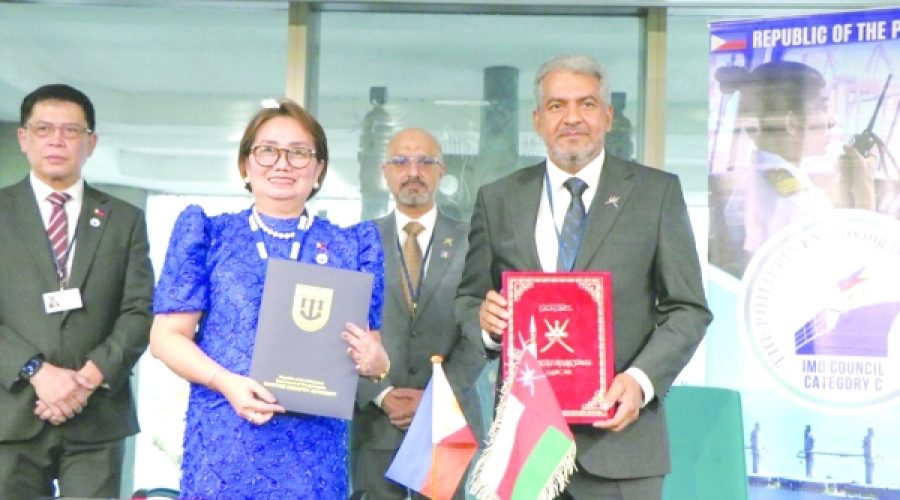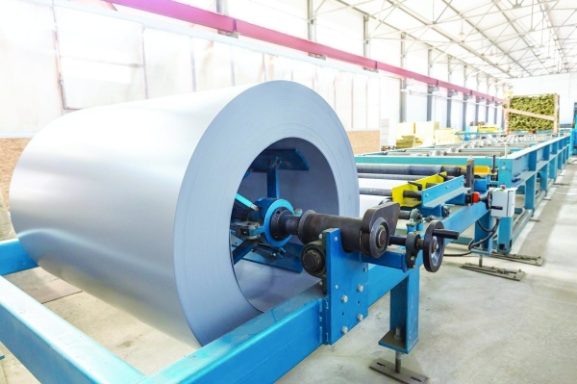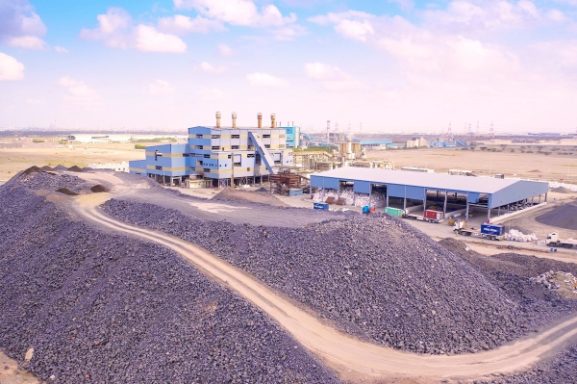Oman Strengthens Maritime and Transport Partnerships with Türkiye and the Philippines: Opportunities for Investors and Business Growth
MUSCAT: This November, the Sultanate of Oman enhanced its global maritime and transport standing by signing two key Memoranda of Understanding (MoUs) during the International Maritime Organisation (IMO) meetings in London. Industry experts believe these agreements will boost Oman’s logistics competitiveness and support its decarbonisation goals.
On November 24, Oman and the Republic of Türkiye formalized an MoU focused on cooperation in transport, international transport corridors, communications, and information technology. This agreement, negotiated at the ministerial level between Eng Said bin Hamoud al Maawali, Oman’s Minister of Transport, Communications and Information Technology, and Abdulkadir Uraloğlu of Türkiye, builds on stronger bilateral ties established earlier this year. These include the creation of an Omani-Turkish coordinating council and reciprocal visa facilitation, which have already enhanced the movement of people and goods between the two nations.
Closer collaboration with Türkiye offers Oman opportunities to integrate transport corridors connecting the Gulf region to Mediterranean transshipment hubs and European markets. This could increase transit volumes at Omani ports and attract advanced logistics services.
On the same day, Oman and the Republic of the Philippines signed an MoU for the mutual recognition of seafarers’ certificates. Signed by Eng Khamis bin Mohammed al Shammakhi, Under-Secretary of Oman’s Ministry of Transport, Communications and Information Technology for Transport, and Sonia B Malaluan from the Philippine Maritime Industry Authority (MARINA), this agreement facilitates streamlined crew certification, enhances labour mobility, and reduces administrative challenges for ship operators employing multinational crews. It is particularly important for Oman’s shipping and offshore sectors by expanding access to a broader pool of recognised seafarers, potentially lowering crewing costs and addressing manpower shortages for regional shipping lines and port operators.
Oman’s delegation also engaged with European partners on November 17 at the Austrian Embassy in London. Discussions focused on sustainable maritime development, green energy initiatives, and potential collaborations with European entities. This reflects Oman’s dual approach of commercializing its logistics capabilities while adhering to international environmental and safety standards that are increasingly shaping chartering and financing decisions.
Strategically, Oman’s active participation in IMO sessions—including October’s Marine Environment Protection Committee (MEPC) meeting, which debated frameworks for maritime carbon neutrality—demonstrates its commitment to balancing market access with sustainability. The adoption of IMO measures such as the Net-Zero Framework will influence choices regarding fuels, vessel retrofits, and port infrastructure investments. Oman’s proactive engagement positions its ports, state logistics firms like Asyad, and free-zone operators such as SOHAR Port and Freezone to attract green shipping activities and associated financing.
For Oman’s economy, the immediate benefits include potential growth in transshipment volumes, new corridor management and IT-enabled customs interoperability initiatives with Türkiye, and improved crewing processes with the Philippines that ease operational challenges at Omani terminals.
Over the medium term, adherence to IMO decarbonisation regulations is expected to drive investments in low-carbon marine fuels, shore power systems, and green port infrastructure. These areas present opportunities for public-private partnerships and targeted green financing to generate capital and employment.
Special Analysis by Omanet | Navigate Oman’s Market
Oman’s strategic MoUs with Türkiye and the Philippines signal a notable boost in the Sultanate’s logistics and maritime profiles, creating opportunities to enhance transit volumes, streamline operations, and attract value-added logistics and green shipping investments. For businesses, this means heightened competitiveness in international corridors and reduced operational friction, while smart investors should consider emerging prospects in decarbonisation infrastructure, green finance, and innovative transport technologies that align with evolving global maritime standards.



